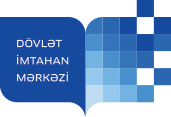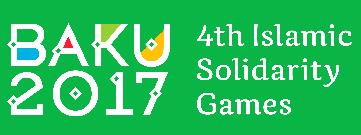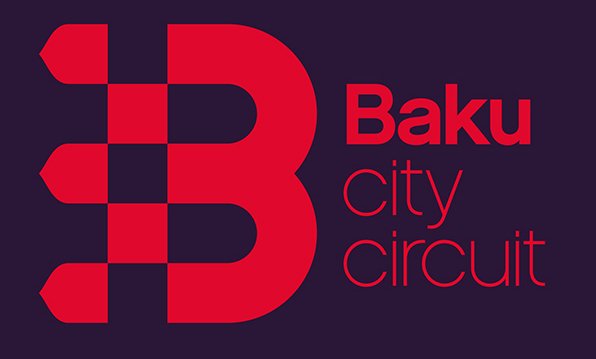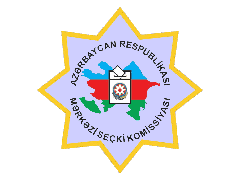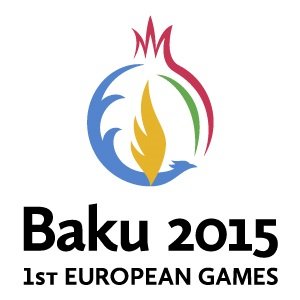Culture Minister Anar Karimov has said that Azerbaijan continues to pursue a peaceful policy despite Armenia’s 30-year aggression and ethnic cleansing, Azertag has reported.
Karimov made the remarks in an address to the session of the Forum on Interreligious Dialogue "Education and Religious Diversity" organized within the G20 summit in Bologna, Italy.
Despite the fact that our country has been subjected to military aggression, occupation of territories and ethnic cleansing for almost 30 years, Azerbaijan continues to pursue a peaceful policy and put forward initiatives and calls for peace in this direction, the minister said.
He added that the Azerbaijani territories occupied by Armenia for nearly 30 years were liberated in 2020. Karimov stressed that after the war Azerbaijan started to restore all religious and cultural monuments destroyed during the Armenian occupation without any discrimination on religious grounds.
The minister underlined that peace is a prerequisite for the development of culture.
War and vandalism target culture, and to prevent it once and for all around the world, the Culture Ministry launched the campaign Create4Peace, he said.
The minister also touched upon the Peace4Culture campaign aimed at informing the world community about the situation in the Azerbaijani lands liberated from the Armenian occupation, including destroyed infrastructure and cultural genocide.
He noted that Azerbaijan is committed to centuries-old traditions of multiculturalism, as well as the values promoted by UNESCO conventions, and implements a number of projects aimed at preserving cultural heritage not only in Azerbaijan but in various parts of the world.
Karimov underlined efforts by the Heydar Aliyev Foundation to restore hundreds of monuments not only in Azerbaijan but in foreign countries as well.
The foundation restored the Louvre Museum in Paris, the Church of St. Marcellino and Petro in the Vatican, the Palace and Tower of Prapezitsa in Bulgaria, the Church of Notre Dame in Strasbourg and other monuments, he said.
Karimov praised the projects implemented by the forum, adding that Azerbaijan attaches importance to cooperation and joint activities that are aimed at strengthening friendly relations.
"Religion plays an important and positive role in the development of general intercultural dialogue skills. Religious leaders have the potential to play a key role in conflict prevention and dialogue. They have a deep influence, especially among young people, to strengthen and promote this dialogue," he said.
The minister added that for centuries, representatives of different nations and religions have lived in Azerbaijan in a friendly, peaceful and harmonious environment. That is why Azerbaijan is known as a multi-ethnic, multi-confessional and civilized country.
He noted that President Ilham Aliyev initiated the Baku Process on intercultural dialogue in 2008.
Baku has been also hosting the World Forum on Intercultural Dialogue since 2011. It is no coincidence that the reports of the UN Secretary-General to the General Assembly in 2017, 2018 and 2019 stressed the importance of the Baku Process and the World Forum for Intercultural Dialogue.
In his speech, Karimov stressed the importance of promoting cultural diversity, dialogue and understanding between people, societies and peoples for the future of the modern world.
The event was attended by High Representative for the United Nations Alliance of Civilizations (UNAOC) Miguel Ángel Moratinos, ICESCO Director-General Salim bin Mohammed al-Malik, Italian Education Minister Patrizio Bianchi, Albanian Education, Sports and Youth Evis Kushi and others.



.png?v=DqKtbngFu8-eBM77oNP77E2SV2gNF4_tUk0Y9IcK12s)


